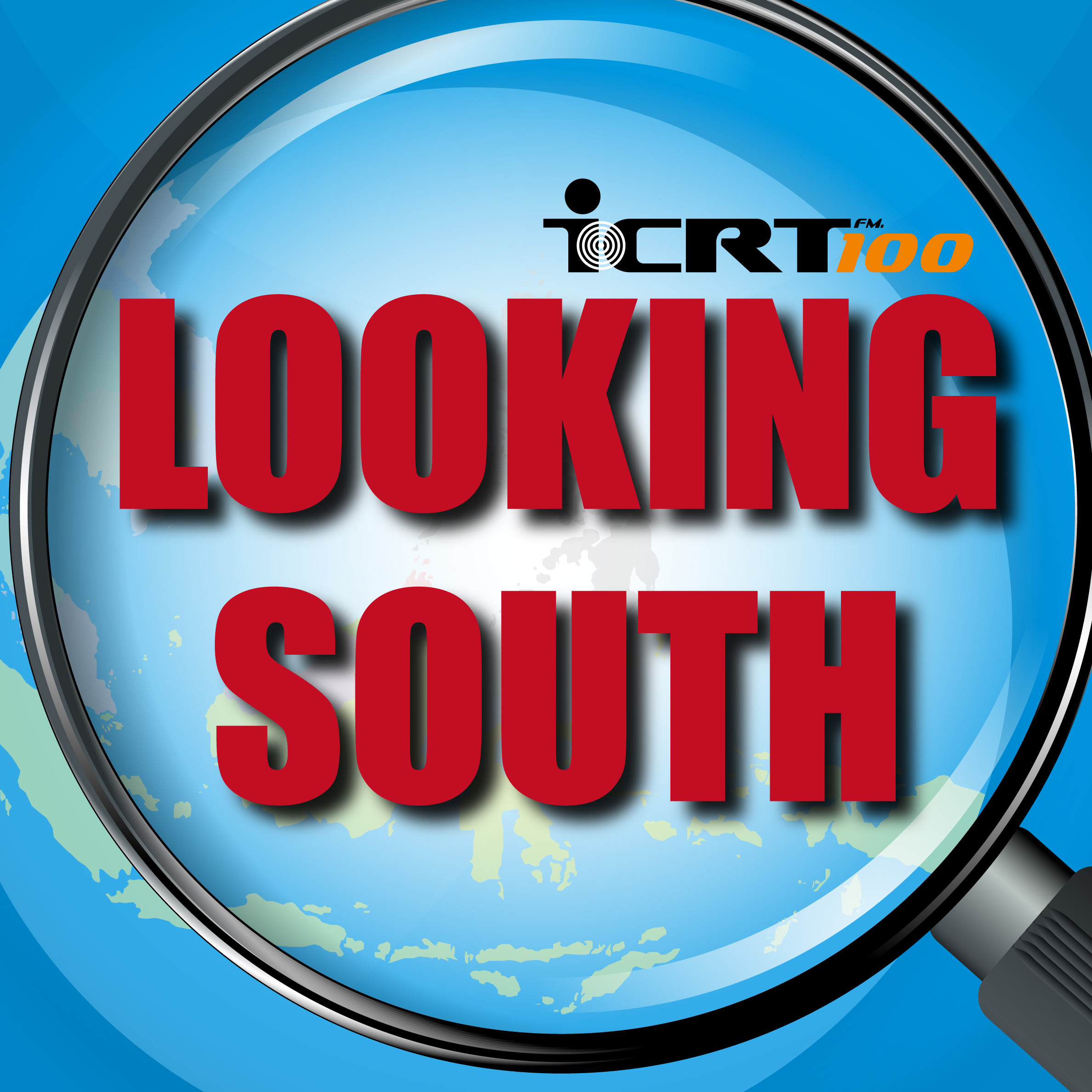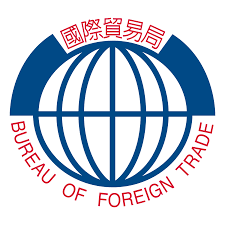In this week’s Looking South, Eric Gau sits down with Tung Yu Chieh, an Associate Trade Officer with the Bureau of Foreign Trade, to talk about her experiences learning languages from the region.
Listen here
Transcript below:
Eric Gau: Good morning, and welcome to another episode of Looking South here on ICRT, where we examine the central government’s New Southbound Policy and its effects on the public. I’m Eric Gau, and today we are talking with Tung Yu Chieh, Associate Trade Officer with the Bureau of Foreign Trade, to talk about her experience in language learning. Ms. Tung, welcome to the program.
Tung Yu Chieh: Hi everyone. This is Yu Chieh from the Bureau of Foreign Trade, and thanks for having me here.
Eric: We’re chatting with you because you took advantage of a government-sponsored language learning course. What language did you learn to speak, and why did you choose that language?
Tung: I’m going to study Indonesian in Jakarta, and before this opportunity, I had learned some Spanish and Bahasa Melayu before. The reason I want to learn Bahasa Indonesian is because it’s spoken by 250 million people. Indonesia, Singapore, and Malaysia have been one of the most important trading hubs for a long time. Even nowadays, there are still many potentials and opportunities there. In addition, since most Taiwanese are not familiar with their society and culture, I hope I can take this opportunity to observe the locals and to see from their views on their country and about the world.
Eric: We kind of already touched on this, you want to use your language proficiency to get in touch with the locals over there. What do you hope to achieve using language skills?
Tung: I used to have some foreign clients who are from Indonesia. We cooperated on certain programs about Indonesia law and their business terms. So this I hope that I will be able to discuss more business issues and policies after learning this language and understand their laws and regulations in Bahasa Indonesia. And if I can do more, maybe I will be able to understand some of their dialects, because Indonesia is very big with many islands. They have over 700 languages, aside from Bahasa Indonesia.
Eric: You said you already learned Malaysian, and that was here in Taiwan, yeah? What was it like, how effective do you think this language learning course was, based in Taiwan?
Tung: There are already many language programs in Taiwan, and I liked my class. But outside the classroom, I seldom practices my Bahasa Malayu, or before that, my Spanish, because I think that outside the classroom, we don’t have many opportunities to practice our language skills. So people who want to improve their language skills, they have to create a learning environment by themselves. But after I move to Indonesia to study in this program, I believe I will be able to have more opportunities to practice and to think in the way that Indonesians think and speak more fluently than before.
Eric: You obviously have a lot of experience learning multiple languages. You have already learned Spanish, some Malaysian, and you’re about to embark on this Indonesian journey. What are some of the challenges that you think people here in Taiwan face when learning a different language?
Tung: First of all, I think the most important thing is because Taiwan is very small, and almost everyone can speak Mandarin Chinese. I once spoke to a cab driver from Malaysia. He said that because in Malaysia, most people speak different kinds of dialects, and they speak English, Chinese, and Bahasa Malayu, so every time he moved to another city, he had to learn a different language. But in Taiwan, we don’t have this kind of opportunity. Even if we only speak Taiwanese or other dialects, we can still write down our thoughts and communicate with each other. So I guess we don’t have many opportunities to speak other languages. Another reason is because we are, compared to foreigners, we are afraid to make mistakes. I think that is very important as well.
Eric: What kind of people do you think would be able to take advantage of language learning programs like the one you’re in?
Tung: To be honest, I think that because the computer and technology is very convenient, so people who just want to travel to another country, they might only have to pick up some English skills, that will be enough. But for people who want to manage foreign affairs or have foreign clients, or to consider having their business abroad, they might want to take the opportunity to learn the local languages. Another case is that the professor or students doing research about a certain country or community, I think they might want to learn the local language as well because they will have more resource or skills when doing their interviews with the locals.
Eric: How big an impact do you think learning these languages, Spanish, Bahasa Malayu, and Indonesian, what impact is that going to have on your future career prospects or job opportunities?
Tung: Because I study law, and not many students from the law school study Bahasa Malayu, Bahasa Indonesia, or Spanish, so I think it will be a niche for me. Once my office wants to collect or understand the policy or the laws from these countries, I will be able to read by myself instead of having a translation or having interpreters when discussing these issues with their officers. That’s the personal advantage for me. For other people, I think this exercise, this process of learning a new language will help train our memorization and learning skills. Back to my own advantage, if I’m posted in other countries other than people speaking these languages, I will be more confident to learn the new language as well.
Eric: And finally, before we go, we’ve been talking about the benefits to your career of learning different language. But aside from that, in your personal life, in your world views, how would you say learning a different language is beneficial?
Tung: In my view, learning a new language will help us, in a more practical aspect, will help us find new jobs, some niche markets, and also provide more access for us to learn new cultures and make friends and clear our minds and thoughts because we have to build a different system to communicate with others. This exercise will help us improve our logic and brains as well.
Eric: We’ve been chatting with Associate Trade Officer, miss Tung Yu-Chieh. Miss Tung, thank you once again for taking the time to share your experiences with our audience today.
Tung: Thank you, thank you everyone.
Eric: And that wraps up this installment of Looking South here on ICRT. You can find this and past episodes of the program on the podcast section of the ICRT Web site, and on the Looking South Blog. Join us again next week for a fresh look at the New Southbound Policy. I’m Eric Gau, and thank you all for tuning in.

